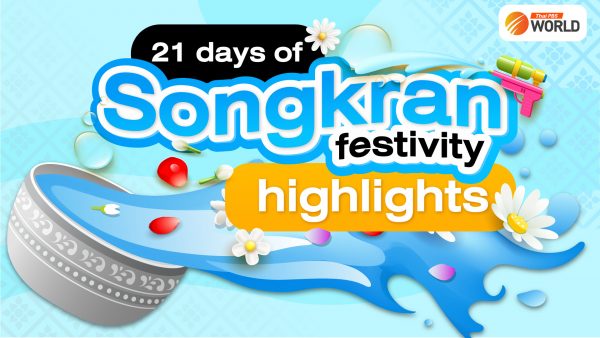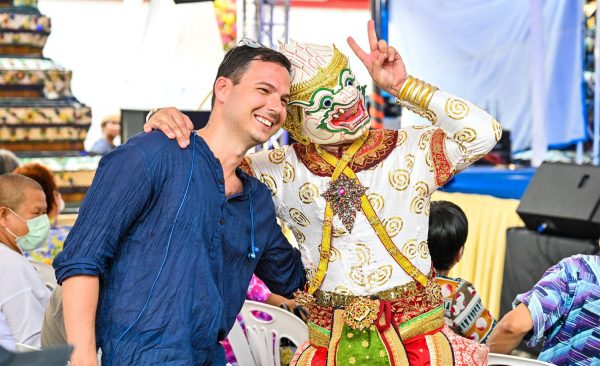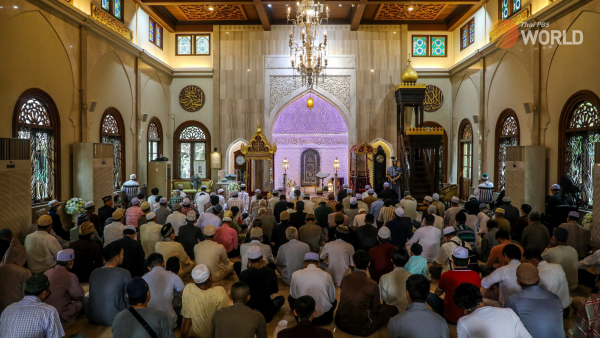Embracing intangible cultural heritage

While countries around the world are harnessing their unique mix of cultural heritage to boost their economies Thailand, one of the world’s most popular tourist destinations with a rich and unique culture, is also looking to highlight its intangible cultural heritage to attract a niche market of discerning travelers in the future.
Unlike tangible culture assets that are more easily spotted and documented, their intangible counterparts are far more complicated to identify and compile, leading to an immense lack of reliable and accurate data of intangible cultural heritage in Thailand. The Institute of Thai Studies, Chulalongkorn University, therefore stepped in to handle the task with a new data collection system recommended by UNESCO and GSTC (Global Sustainable Tourism Council) for the first time in Thailand.
“Data collection for intangible cultural heritage in Thailand has been done before by various different organizations for different reasons, and collectively as the main database for the country,” Asst. Prof. Dr. Pram Sounsamut, Deputy Director of Research Affairs Institute of Thai Studies, Chulalongkorn University, and the project leader, explained. “But so far global standards in data collection have not been properly introduced, and a database as small as community-level is rare. Our work, which is arguably the first attempt to systemize an intangible cultural heritage database in Thailand, aims to serve as the groundwork for further development and preservation, and as an example for other communities that wish to preserve and even capitalize on their own intangible cultural heritage.”

UNESCO shed light on cultural heritage more than 20 years ago. While cultural tourism took off globally in the 1990s, accounting for an estimated 40% of all tourism worldwide, intangible cultural tourism has become part of Thailand’s national policy and the country’s new paradigm in tourism to capitalize on all aspects of its cultural offerings.
“We have had travelers that come to Thailand to indulge in the ample tourism amenities and to admire our cultural monuments. But in the future, we will see more travelers looking to immerse themselves in our unique living culture and to fully appreciate the myriad of Thai ways of living. The problem with intangible culture is that it can be tricky to identify, and a wrong approach to capitalizing such culture could tamper with its authenticity,” says Dr. Pram.
According to Dr. Pram, intangible cultural culture does not have to be something old or only from the bygone eras. It is the culture in the people’s present way of life, a culture that is currently lived and will be passed on. It can be anything, from something as simple as a local dish and the traditional daily wear of the townspeople to something of grander significance such as spiritual rituals. But unfortunately, many “cultures” have been invented solely to reap gains from tourism and such inventions cannot be counted as intangible cultures.
“Take offering alms to monks for example,” Dr. Pram said. “If the people still do it, believe in the sanctity of this daily ritual, and pass it on to the next generation, it is definitely an intangible culture. But if the ritual has disappeared, and only been revived as a show for tourists, we cannot count that as intangible culture. And intangible culture does not have to be a hundred years old: it can be a menu created from local wisdom or indigenous ingredients, local coffee, a local textile, local crafts, and arts – anything that is still present in the current lifestyle of the local people.
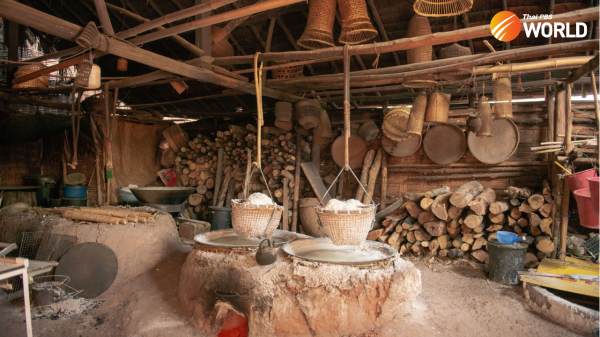
“For the data collection to be accurate, we need to talk to the local people and spend some time investigating. No one knows and understands a local culture like local people do. So, with this approach to data collection, first, we educate the local people about intangible culture so that they can identify the assets they have in their own communities and their current ways of life. We then guide them through a certain data collection format and help them draft reports with sufficient details and clarifications, which they can further utilize to apply for international awards and certifications, for economic gain, or for local learning as a way to preserve them.
“This is a community-based data collection, in which we only mentor and not dictate. We leave it to the local communities to pick and choose intangible cultures that they think are significant representations of their cultures. We don’t go in to pick a cultural asset for them and ask them to promote it proudly. It’s just not sustainable that way. Also, this approach brings people in a community together and creates a sense of pride and belonging. They can see the big picture of what intangible cultural assets they have to offer and work together to further develop tourism products or services.”
The data collection, in collaboration with the Center of Academic Services of Mae Fah Luang University, started earlier this year in the old town areas of Chiang Rai and Nan and is slated to conclude early next year. The collected and processed data will be turned into an online database accessible to the public for free.
“Thailand has many intangible cultural assets, and there is not enough systemized, proper database that we can take advantage of. We hope that this systemized, community-based data collection we are doing for Chiang Rai and Nan will set the new standard for an intangible cultural heritage database and help steer Thailand towards sustainable cultural tourism in the years ahead,” Dr. Pram said.
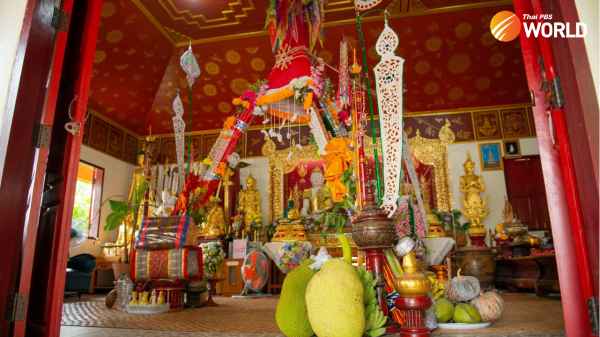
The Institute of Thai Studies, Chulalongkorn University, was established in 2010 to conduct and deliver research on Thai-Tai studies to the public. Back in 1975, the institute was known as the Thai Studies Project, under the Department of Academic Affairs. Later, it was transformed into a research institute for Thai studies, assigned to conduct research and disseminate knowledge, and build a global network for Thai studies.
By Veena Thoopkrajae with additional report by Manta Klangboonkrong




